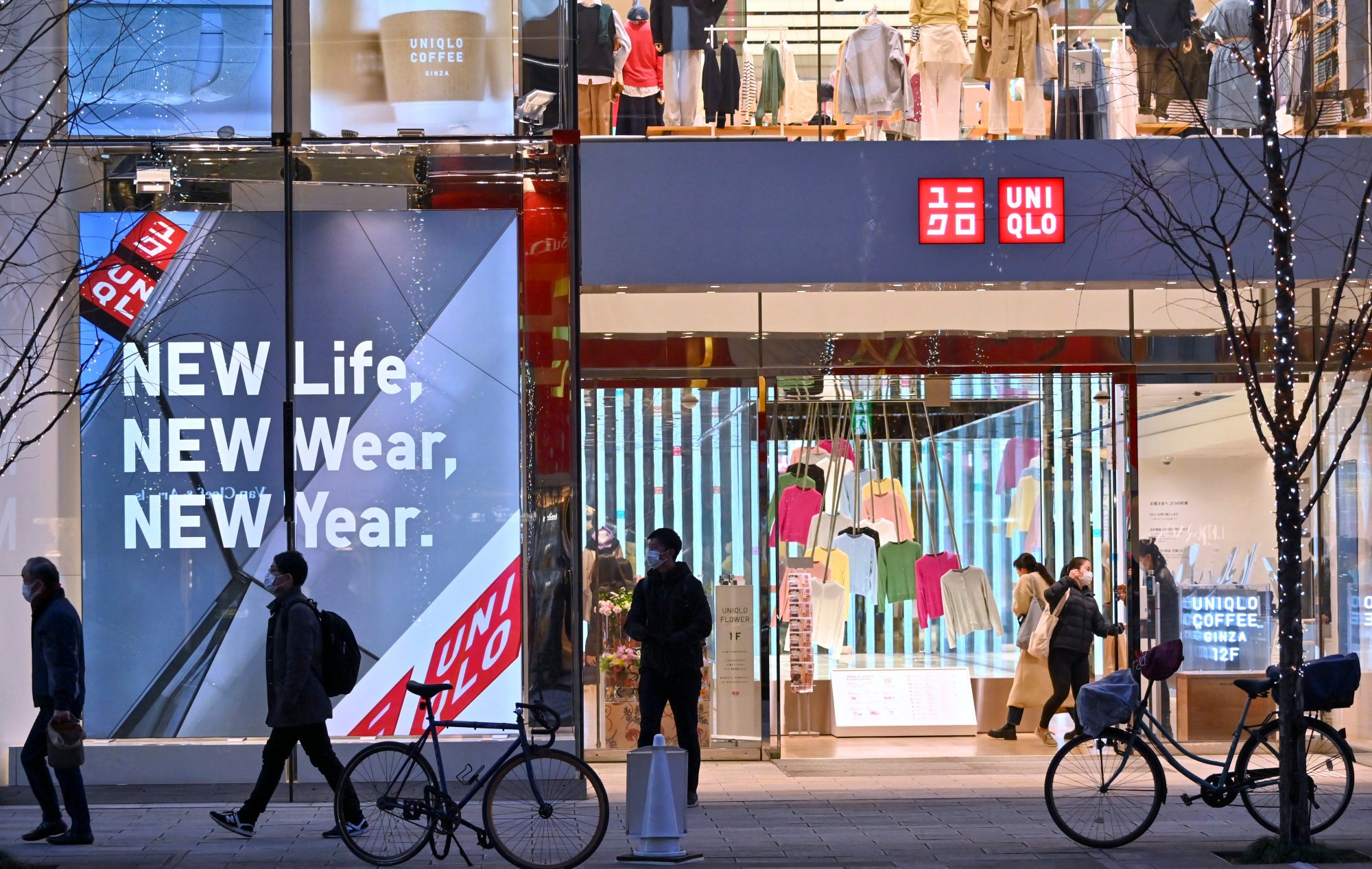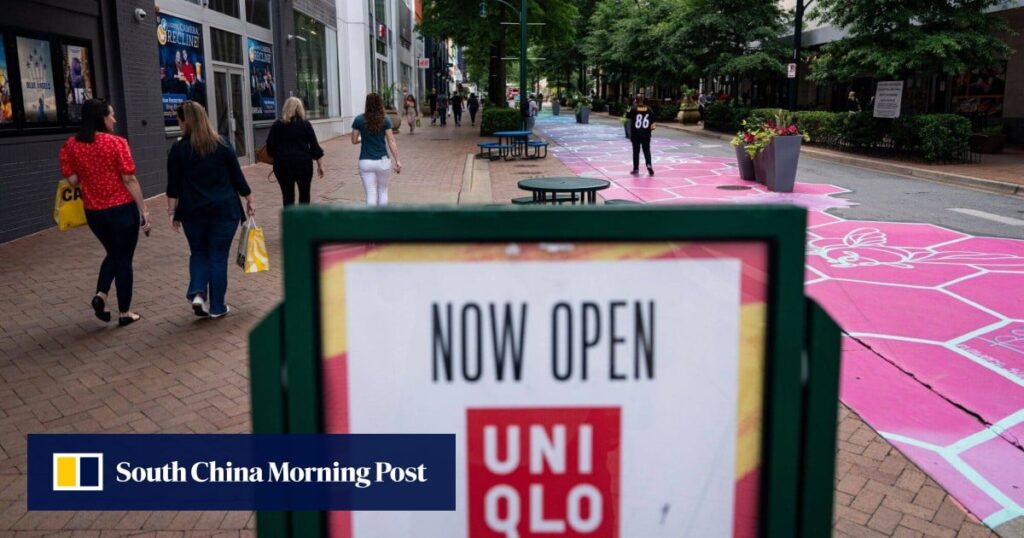Fast Retailing, Asia's largest apparel company and Uniqlo's parent company, is betting on barcode-less checkout, massive data collection and other technologies to help it reach its goal of 10 trillion yen (US$63.6 billion) in annual sales.
The time-saving solution, which uses wireless chips embedded in each item's price tag to tally up purchase amounts in one go, is the brainchild of Takahiro Tanbara, the company's chief information officer, who plans to introduce the innovation to every stage of the company's supply chain and sales operations.
Fast Retailing, which also owns brands such as GU and Theory, is riding a wave of consumer demand for simple, casual style. Its second attempt at overseas expansion in Western markets has gone much better than its first about a decade ago, when low brand recognition forced it to close stores. This time around, revenue is growing fast in the U.S. and Europe, despite competition from lower-priced brands such as online retailer Shein.
“We want to continue to invest heavily in digital and hire talented people,” Tambala said at a retail conference in Singapore. “At the same time, we don't want to embrace technology for its own sake.”
Tambala said Fast Retailing's supply chain is at risk of falling behind, especially with the pace of growth in Europe, where the company is building its largest-ever warehouse. And there are still some routine tasks that could be made more efficient by using wireless tags, such as checking stock deliveries to stores, he added.
 A Uniqlo store operated by Fast Retailing in Tokyo on January 13, 2022. Photo: AFP
A Uniqlo store operated by Fast Retailing in Tokyo on January 13, 2022. Photo: AFP
Tambala declined to provide specific figures, but said spending on new tools and services has roughly doubled since 2017. His group has more than 700 programmers and staff working on innovations in manufacturing, supply chains, e-commerce and retail.
Tambala says it was initially tough to convince Fast Retailing's chief executive, Tadashi Yanai, to use RFID tags. Though the chips' price has fallen dramatically since their introduction decades ago, every few cents counts for a company that measures the cost of every button and zipper. There were also concerns that the technology could become outdated after a few years.
But so far, it's paid off for the retailer: Since it was implemented into the retail experience, Uniqlo stores have been able to reduce the number of employees working cash registers and redeploy them to interacting with shoppers, helping to boost sales, Tambala said.
Tambala said the tags' ability to track each item from production to sale is not yet sufficient, and Fast Retailing now plans to use other tools, such as RFID or QR codes, to track products at the supplier level if necessary.
“The goal is to give customers what they want, when they want it,” Tambala said, quoting a common Fast Retailing mantra. “What we want to do is to scale but manage it as if we were running one store.”



